From The Canvas & The Cause | By Shareece Williams
In the realm of television, psychological thrillers have carved a niche that delves deep into the human psyche, exploring themes of identity, consciousness, and the intricate dance between freedom and control. As a member of the tv/film realm with a penchant for philosophical inquiry, I find myself drawn to narratives that challenge perceptions and provoke introspection. This essay examines four such series: Severance, Paradise, From, and Westworld, each offering a unique lens through which to explore the complexities of the human condition.
“When I find representation on screen that showcases the complexity of who we are, it makes me reconnect with who I am. I love seeing all versions of me in different characters.” - Shareece Williams
Severance: The Duality of Self and the Corporate Machine
Severance, an Apple TV+ series, presents a dystopian world where employees at Lumon Industries undergo a procedure that bifurcates their consciousness, creating distinct "innie" and "outie" personas. This separation raises profound questions about identity and autonomy.
Philosophically, Severance echoes René Descartes' mind-body dualism, positing a clear division between the mental and the physical. However, the series challenges this notion by illustrating the interdependence of memory and identity. The "innies," devoid of personal memories, exist solely within the confines of their workplace, leading lives that are, in essence, artificial constructs.
"I Am Certain You Will Remain With Me In Spirit, In Some Deep And Yet Completely Inaccessible Corner Of My Mind." - Burt
The series also draws parallels with Michel Foucault's concept of the Panopticon, where constant surveillance ensures compliance. Lumon's sterile corridors and omnipresent monitoring systems create an environment where employees are perpetually observed, reinforcing a culture of control and subjugation.
Moreover, Severance critiques capitalist structures, highlighting how corporations can commodify human existence. The employees' lives are reduced to mere functions, their individuality stripped away in favor of productivity. This dehumanization serves as a stark reminder of the potential consequences of unchecked corporate power.
Paradise: Navigating Catastrophe and Moral Ambiguity
Hulu's Paradise plunges viewers into a world reeling from a cataclysmic super-volcano eruption, leading to geopolitical upheaval and societal collapse. The series follows characters like Xavier Collins (Sterling K. Brown) and former President Cal Bradford (James Marsden) as they grapple with survival and ethical dilemmas in a fractured world.
The show's narrative invites reflection on existentialist themes, particularly the absurdity of seeking meaning in a chaotic universe. As characters confront the collapse of societal norms, they are forced to redefine their values and purpose. This mirrors Albert Camus' philosophy, where individuals must create their own meaning amidst inherent meaninglessness.
Paradise also examines the fragility of social hierarchies and the illusion of control. The disaster dismantles established power structures, compelling characters to adapt and reconsider their roles within a new societal framework. This shift underscores the transient nature of authority and the resilience of the human spirit in the face of adversity.
From: The Labyrinth of Fear and the Search for Truth
From is the biggest connection of human philosophy that brings the audience in, and that is something I truly enjoy. MGM+'s From presents a town ensnared by supernatural forces, where residents are trapped and tormented by nocturnal creatures, starring Harold Perrineau, Catalina Sandino Moreno, and Scott McCord. The series delves into the psychological impact of confinement and the human tendency to seek patterns and explanations in the inexplicable.
“From creates questions from every perspective of the show.” - Shareece Williams
The town's enigmatic nature serves as an allegory for the human mind's struggle with the unknown. The residents' attempts to understand their predicament reflect our innate desire for coherence and meaning, even when faced with incomprehensible circumstances.
From also explores the concept of collective trauma and the coping mechanisms individuals employ to maintain sanity. The community's rituals and rules symbolize the structures we create to impose order on chaos, highlighting the delicate balance between belief and delusion.
Westworld: The Illusion of Free Will and the Quest for Consciousness
I’m the unelected President of Westworld’s Fan Club. This show has such a creative impact on me, but also a philosophical impact on me. HBO's Westworld immerses viewers in a theme park populated by android "hosts," who gradually attain self-awareness and challenge their programmed narratives. The series interrogates the nature of consciousness and the ethical implications of artificial intelligence.
Drawing from philosophical inquiries into free will, Westworld questions whether our choices are truly autonomous or predetermined by external influences. The hosts' awakening parallels human experiences of self-discovery, prompting viewers to consider the extent to which societal constructs shape our identities.
I believed that stories helped us to ennoble ourselves, to fix what was broken in us, and to help us become the people we dreamed of being. Lies that told a deeper truth — Dr. Robert Ford
The series also delves into the moral responsibilities of creators toward their creations. As the hosts gain consciousness, the ethical boundaries between human and machine blur, compelling a reevaluation of what it means to be sentient and deserving of rights.
Across these series, recurring themes emerge: the fragmentation of identity, the tension between autonomy and control, and the relentless pursuit of meaning in uncertain realities. These narratives resonate with my own philosophical contemplations, particularly the notion that selfhood is not a fixed entity but a fluid construct influenced by memory, environment, and social structures.

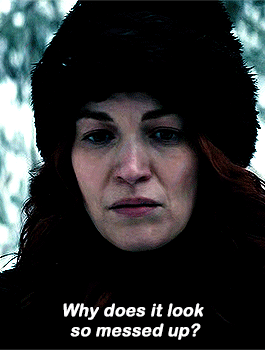
Severance challenges me to consider the extent to which my professional persona diverges from my personal self, and whether such compartmentalization is sustainable or detrimental. Paradise prompts reflection on the resilience required to navigate moral ambiguity during crises. From serves as a metaphor for the psychological mazes we navigate when confronting fear and the unknown. Westworld compels me to question the authenticity of my choices and the factors that shape my consciousness.
These series collectively underscore the importance of self-awareness and critical thinking in an era where technology, corporate interests, and societal pressures increasingly influence our perceptions and behaviors.
The psychological thrillers Severance, Paradise, From, and Westworld offer more than entertainment; they serve as philosophical explorations of the human condition. By dissecting themes of identity, autonomy, and the search for meaning, these narratives invite viewers to engage in introspection and challenge preconceived notions about reality and selfhood. As I continue to navigate my own journey of self-discovery, these series provide both a mirror and a map, reflecting my internal struggles and guiding my philosophical inquiries.
How Creative Visionaries Transform Lives
There’s something undeniably powerful about a creative visionary. We’re not just artists or thinkers; we’re transformers of worlds. We do more than create; we reimagine. We see beyond the cracks in society and envision what could be, should be, and sometimes, what
Tupac Shakur: The Revolutionary Blueprint of a Creative Visionary
I often say that a Creative Visionary is someone who stands at the intersection of intention and innovation, who uses their art to disrupt, awaken, and rebuild. If there was ever a blueprint for this archetype, it was Tupac Amaru Shakur. Long before I founded






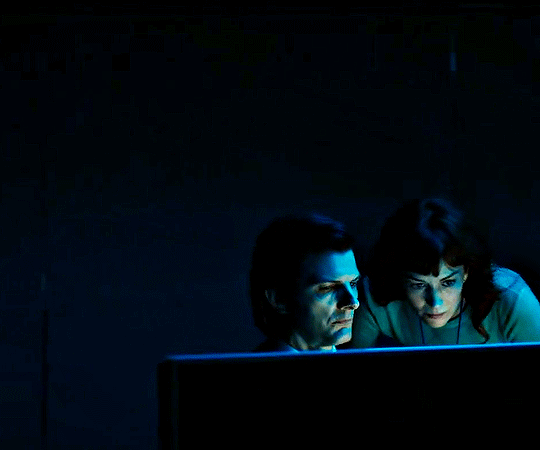
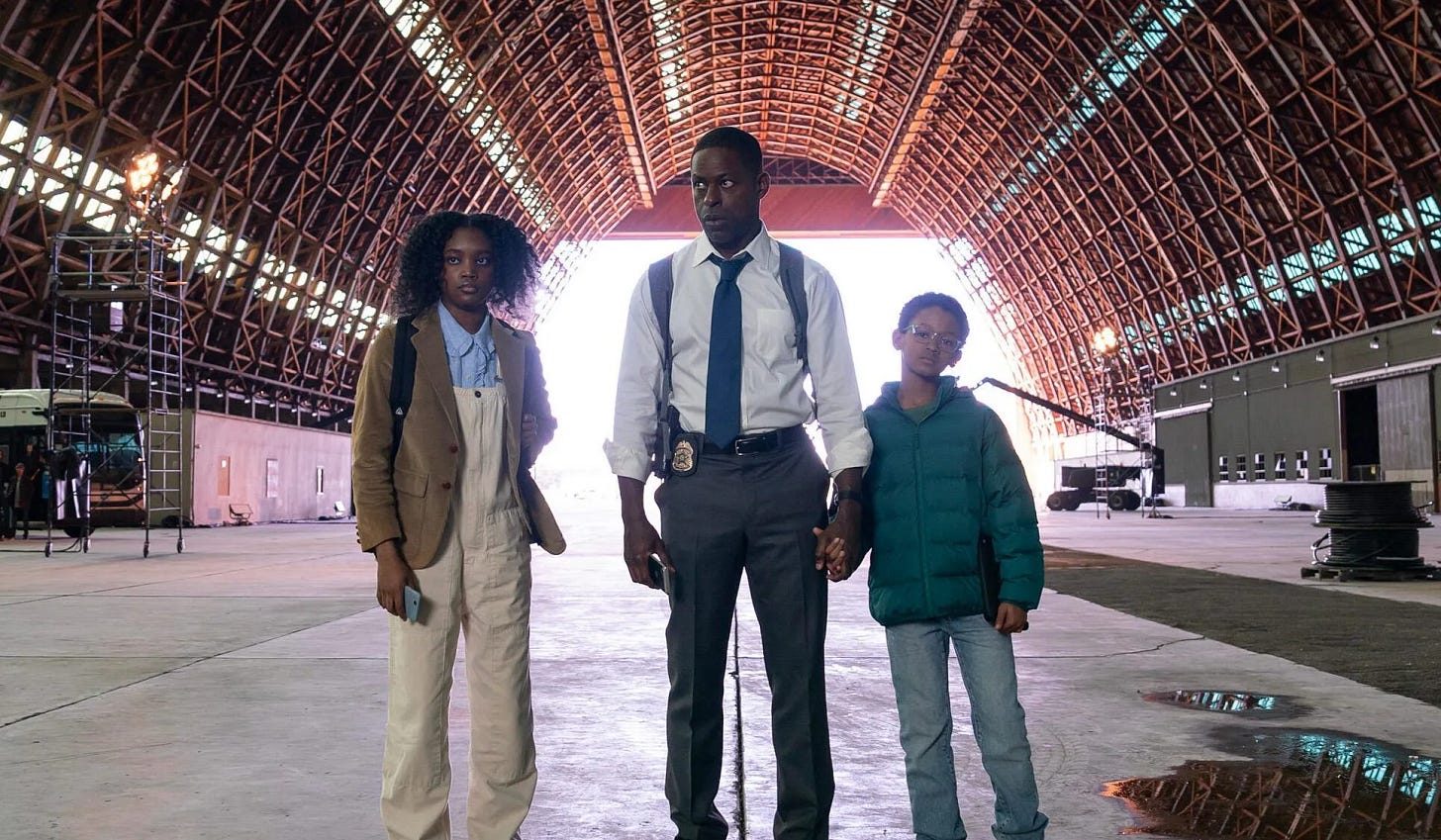



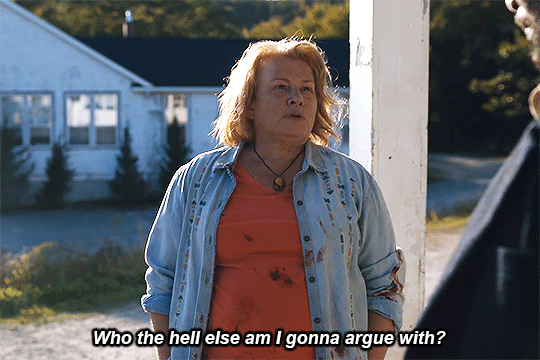
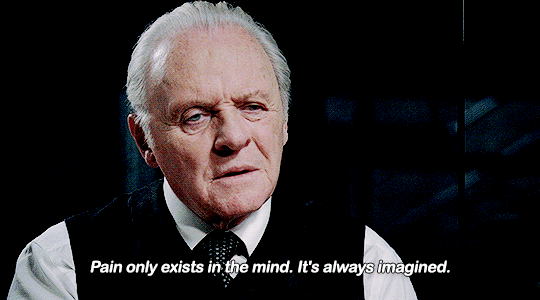




From deserves so much love, I'm so glad to see it on this list!
The list is spot on! I've seen them all except From. Thank you for curating <3